When you think of a “boss” or “manager,” what comes to mind? What about the words “bossy” or “managerial”?
In our culture, these roles carry a certain weight and connotation. Sure, bosses and managers can be kind, but compassion isn’t the first things that come to mind when we hear these words.
Being in charge of others is challenging and comes with responsibilities that are tough to handle with grace. But when you’re at the top of the totem pole, you don’t have to necessarily handle things gracefully, right? You already have the upper hand.
Impatience, authoritarianism, and bluntness are all qualities that are easy to fall back on as a manager. Yet in the long run, do these leadership qualities help teams to grow? Do they make the managers themselves happy in the bigger picture? Probably not.
Maintaining good corporate communication is an ongoing challenge that leaves little room for ‘my way or the highway’ mentalities.
True leaders earn trust and admiration. They naturally inspire those around them and they bring teams together organically. But all too often, leaders make poor choices that degrade solidarity and trust among team members. People naturally follow people who inspire them and know how make them shine.
If someone has shown that they deserve a leadership position and that they can do the job better than anyone else — others will look to them for guidance regardless of their official title.
While compassion is important, being an empathetic leader is not an easy task. It doesn’t come naturally to most people — and even if it does — it’s hard to uphold under pressure. But the benefits are worth it! Unhealthy interactions in the workplace are rampant and hurt companies as a whole if left unmitigated.
Tibetan scholar Thupten Jinpa, longtime English translator for the Dalai Lama defines compassion as follows:
a mental state endowed with a sense of concern for the suffering of others and aspiration to see that suffering relieved.
According to Chade-Meng Tan, author of Search Inside Yourself: The Unexpected Path to Achieving Success, Happiness (and World Peace),
The practice of compassion is about going from self to others. In a way, compassion is about going from “I” to “We.” So if switching from “I” to “We” is the most important process of becoming an authentic leader, those who practice compassion will already know how and will have a head start.
Studies have shown that compassionate leadership can go a long way in the workplace. According to Annie McKee and Richard Boyatzis, authors of Resonant Leadership,
Research shows that positive emotions such as empathy and compassion have a decidedly constructive effect on neurological functioning, psychological well-being, physical health and personal relationships.
There is a great deal to be said about this topic — and we will come back to it in future posts to share tips and more detailed research. For now, depending upon your position at work – as an employee, as a boss, as a CEO — consider what type of culture you promote or participate in at work.
Are you happy? Do you feel heard and considered? Are your coworkers aware of the benefits of compassion? Where does your workplace fall on the “we” versus the “I” spectrum?
When it comes down to it, we work best when we feel we are all on the same team working toward the same goals. If your workplace is on that path — great! If not, perhaps it’s time to consider a more compassionate – and more productive – approach.
At MeetingPulse, we believe in healthy corporate communication and compassion in the workplace.
We provide easy-to-use interactive live feedback tools that support healthy corporate culture for employees and administration alike.
If you want to know more about your employees’ thoughts, ideas, and preferences, try out our browser-based audience response system.
We provide real-time survey and polling software for any device, so your audience will never need to download an app.
Contact us for more information about our audience response system or click on “Keep Me Posted” on our blog page to receive blog updates and our free ebook.






